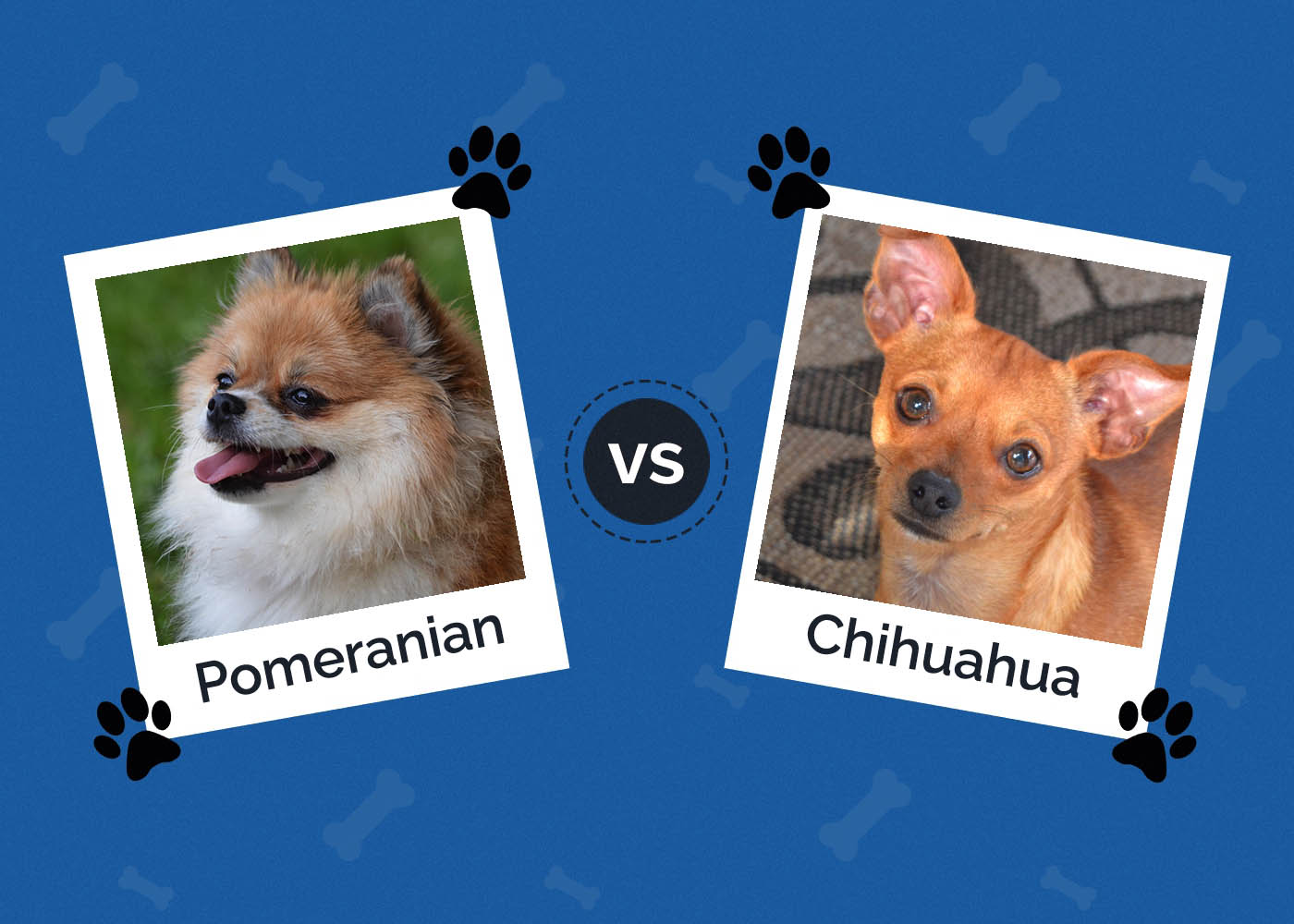Do Dogs Like White Noise? What You Need to Know
By Luxifa Le
Updated on

Dogs are known for their precise hearing; they can hear sounds as quiet as 5–25 dB.1 White noise machines are popular amongst humans for their calming effects on anxiety. Some veterinarians have even started prescribing white noise for dogs with anxiety. But do white noise machines actually have an impact on dogs? Science says… yes, it seems white noise has a beneficial impact on dogs!
How Strong Is a Dog’s Hearing?
Dogs have a powerful sense of hearing. Dogs can hear sounds four times further away compared to humans. This potent hearing ability, combined with their incredible sense of smell that can pick up scents as far as 12 miles away, allows them a comprehensive view of the world around them.
However, some veterinarians worry that this could be the source of your dog’s anxiety. Hearing and smelling in such a wide radius could contribute to your dog’s anxiety by overwhelming them. In a study on humans, environmental noise increased anxiety noticeably, and dogs can hear environmental noise more than humans.
Dogs live leisurely lives that aren’t accompanied by many mortal distractions that their wild cousins are familiar with. However, a common human proverb is “an idle mind is the devil’s workshop,” which could apply to dogs as well.
Since your dog doesn’t have anything to distract them from the potential dangers that might befall them—or you—when you’re out of the home, they’re left to stew and ruminate in their anxiety. This could be why your dog feels so nervous about you leaving the house.
However, some non-invasive, non-pharmaceutical treatments have been shown to help reduce anxiety for dogs. Some common ones are deep pressure therapy, usually achieved with a Thundershirt or similar product that applies deep, hugging-like pressure to your dog’s torso.
Still more experimental is the use of white noise and music to calm your dog’s nerves.

What Is White Noise?
White noise is defined as a “steady, unvarying, unobtrusive sound.” The sound may be electronically produced or natural. Examples given in the dictionary entry are “an electronically produced drone” or “the sound of rain.” The purpose of white noise is to drown out intrusive or unwanted sounds.
How Does White Noise Help Humans?
White noise has been shown to help humans with anxiety and sleep induction. For example, one study showed that 80% of infants fell asleep within five minutes when exposed to white noise, compared to just 25% of the control group.
White noise has been shown to be beneficial at any age and helps people get to sleep and stay asleep. It’s also shown to help reduce anxiety in people of all ages. In addition, when music is introduced as white noise before an operation, patients report less stress and higher overall patient satisfaction with the procedure.
Some veterinarians suggest it could be helpful for dogs and have started prescribing white noise machines to owners of anxious dogs.

Do Dogs Like White Noise?
It’s unclear if we can determine if dogs like white noise. However, dogs showed no increased cortisol reaction to white noise machines when introduced to different auditory stimuli. So, at a bare minimum, white noise doesn’t make them more anxious, and they have a neutral reaction at worst.
However, a more promising study charted the effects of music on dogs currently housed in a boarding kennel. Boarding kennels can be excessively stressful for dogs. They’re noisy, chaotic, and filled with unknown dogs and cats. Like a child at sleepaway camp, your dog will likely be anxious when first introduced to the kennel environment.
When music was played for nervous dogs in the kennel, they showed a notable improvement in mood. This seems to suggest that playing sounds that drown out the ambient noise of the kennel improves the dog’s mental state. It also concurs with the study performed on humans before surgery; introducing music to an environment passively improves a subject’s interactions with the environment.
While it’s hard to determine whether dogs like white noise, it seems to benefit their psyches. Of course, it would be hard to claim that white noise can positively affect a dog’s mood without mentioning that some sounds negatively impact a dog’s mind. For instance, dogs have a similar auditory and psychosocial response to humans when exposed to a crying infant.

A crying infant—of any species—garners a lot of attention because humans don’t like the sound of babies crying. It upsets us and causes us to have elevated stress levels. When you think of our hunter-gatherer heritage, it makes perfect sense why we find the sound of crying babies so objectionable.
When an infant starts crying, it alerts other creatures, both predator and prey, to the presence of humans in an area. While this may not be immediately negative in an industrialized world, evolutionary responses don’t leave the bloodline so quickly. Crying infants are grating to the ears because we may not correct the circumstances that make them cry if we have no drive to stop them.
The easiest way to drive someone to stop something is to make them dislike when it happens. While humans loathe classifying anything involving babies as negative, most scientists agree that the markedly negative effect of a crying infant’s sound on humans has an evolutionary component.
Since we react negatively to the sound, we do what we can to remedy the situation, to make the sound stop. Since dogs have a similar reaction to humans, we can conclude that they react positively and negatively to sounds.
So, a positive interaction with a sound is notable, even for dogs. Even a neutral reaction to white noise is markedly more positive than negative. Overall, we can conclude that white noise seems to benefit dogs mentally.
Final Thoughts
While the science may still be out on the exact efficacy, we can conclude that white noise is beneficial to dogs. Furthermore, since they show a positive reaction to music in high-stress environments and have no adverse response to white noise, we can extrapolate that white noise may relax them as it does with humans!
See also:
- Do Cats Like White Noise? Benefits & When It Can Help
- Do Dogs Like Being Pet While Sleeping? What You Need to Know
Featured Image Credit: Igor Chus, Shutterstock












